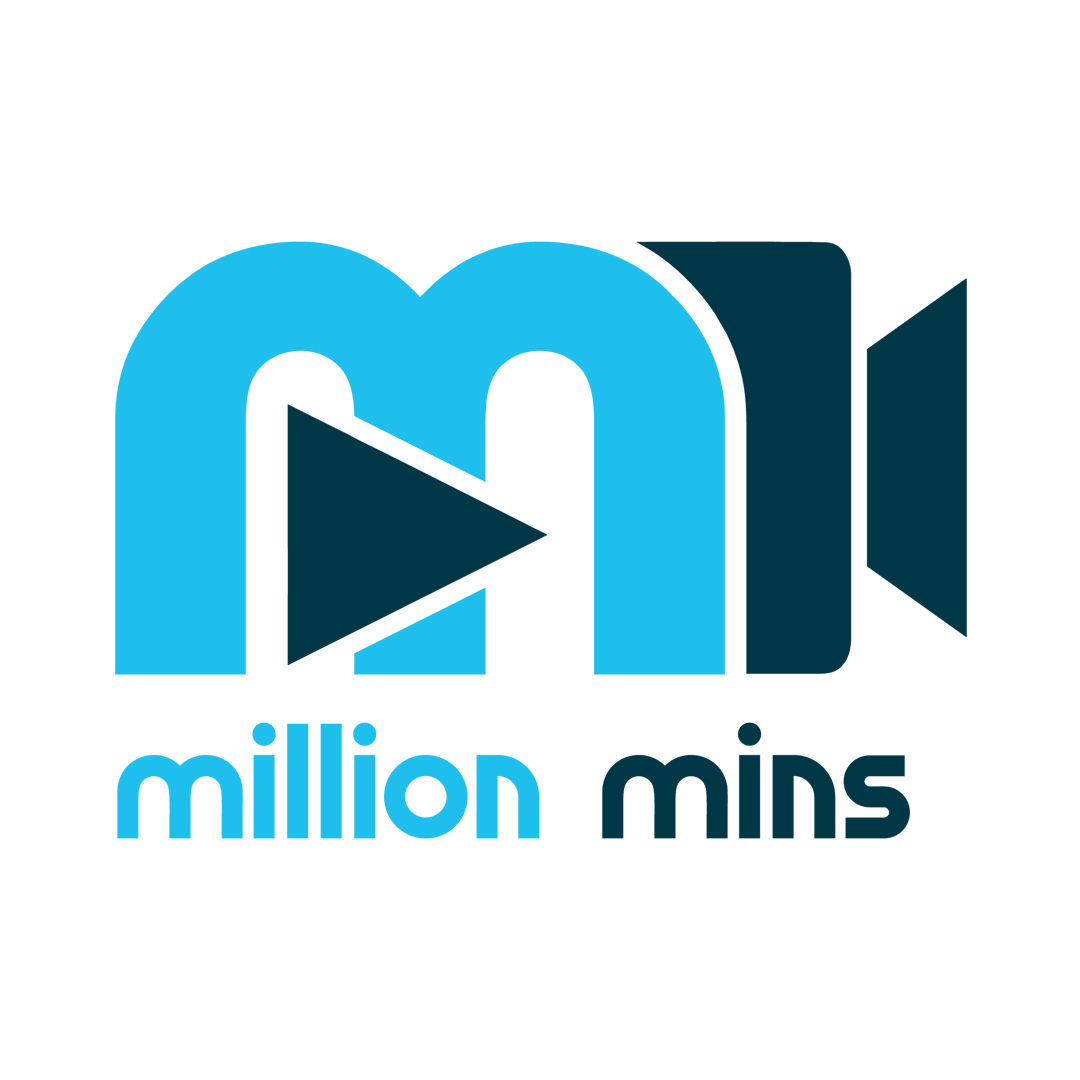Nestle Adds Sugar to Baby Food in India, Contrary to European Markets
An investigation conducted by Public Eye, a Swiss organization, in collaboration with the International Baby Food Action Network (IBFAN). Has uncovered concerning findings regarding the sugar content in Nestle’s Cerelac baby products sold in India. The investigation revealed that all Cerelac baby products in India contain an average of nearly 3 grams of sugar per serving. Contrary to the sugar-free versions available in developed nations like the United Kingdom, Germany, and Switzerland.
The report highlighted discrepancies in sugar content across different countries where Nestle operates. While the same product is marketed without added sugar in Germany and the UK. It contains nearly 6 grams of sugar in countries like Ethiopia and Thailand. The investigation identified similar trends in other Asian, African, and Latin American countries where Nestle operates.
According to the report, the addition of sugar to infant milk and cereal products in several countries by Nestle violates international guidelines aimed at preventing obesity and chronic diseases. Nestle India Ltd, however, responded by stating that they have reduced the total amount of added sugars in their infant cereals portfolio by 30% over the past five years. The company emphasized its commitment to reviewing and reformulating products to further reduce sugar content while maintaining nutritional quality.
Nestle Adds Sugar to Baby Food in India, Contrary to European Markets
In a separate report by The Guardian, it was revealed that Nestle adds sugar and honey to infant milk and cereal products. Which are sold in “poorer countries,” as cited by data from Public Eye and IBFAN. Public Eye examined 115 products sold in Nestle’s key markets. Which is in Africa, Asia, and Latin America, focusing on brands like Cerelac and Nodi.
In India, the investigation found that all Cerelac baby cereal products examined contained added sugar. Averaging nearly 3 grams per serving. The report highlighted that despite being targeted at babies from six months of age. These infant cereals contain significant amounts of added sugar. With some products containing as much as 7.3 grams per serving in certain countries like the Philippines.
Experts, including WHO’s Nigel Rollins, have criticized these findings, labeling them as a double standard that cannot be justified. The investigation underscores the need for stricter adherence to international guidelines on infant nutrition and the importance of transparent labeling practices to ensure the health and well-being of infants worldwide.
